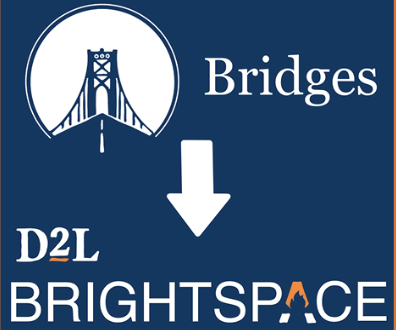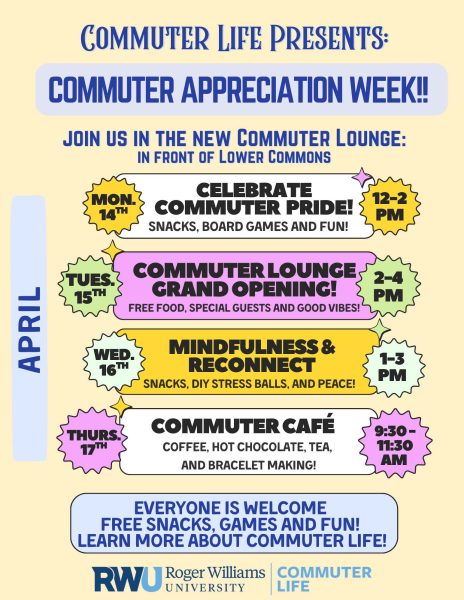RWU launches “financial wellness” initiative
The university is in the process of creating a new “financial wellness” program on campus that will address the issue of food insecurity as well as other emergency needs students may have.
Food insecurity, as described by Assistant Vice President and Dean for Student Life Lisa Landreman, is the idea that there are people in the world who don’t have access to reliable, affordable or nutritious food on a regular basis. This is becoming very apparent among the college student population, and a problem that Landreman has seen “bubble up” at RWU. A recent Government Accountability Office (GAO) report found that 39 percent of all undergraduates in the nation, almost 7.3 million students, are at risk of hunger because of low household income.
While Landreman has not perceived it to be a constant problem at RWU, she says it has come up before, and said that RWU is working on building up enough of a pool of money to have an emergency fund that is separate from food, that might go toward things like buying textbooks or paying for an emergency medical issue.
“We’re trying to advertise among faculty, staff and alumni to build that fund,” said Landreman. “Once we have enough of a critical mass that we can also accrue some interest… I think we will be unveiling that as well.”
This fund started when Tony Montefusco, former director of Residence Life & Housing, donated his last paycheck to start the emergency fund. Since then, Landreman said others have donated money to help keep the fund going. While she could not disclose the exact amount Montefusco donated, she said the fund is currently at about $3,550 since the initial announcement that went to the staff who attended his going away party.
Landreman said she wanted a financial wellness strategy for many years and is looking forward to launching three main programs that she hopes will help students in need.
An email went out to the campus on Wednesday, Feb. 13, giving the community the full details on the new programs, including links where students can donate or request a meal.
The first, called “Swipe it Forward,” allows students on a full meal plan to donate one guest swipe per semester, which would create a pool of extra meal swipes. Any student who needs a meal will be able to request one online and a small committee of people, including Landreman, will look at the request and put the swipe on the student’s ID.
The second, called the “Community Food Sharing Program,” will go hand-in-hand with the Food Recovery Network’s program that runs extra food from Upper Commons to local shelters. At a Student Senate meeting on Monday, Feb. 4, Josh Hennessy, manager of Upper Commons, explained that a portion of this food will be sectioned off and made into to-go meals for students who need it.
“While it’s great to give to communities and we want to continue to do that, we have our own community that also has needs too,” said Landreman. “I think us just creating greater awareness among ourselves that those issues exist for our students had us put our heads together to think about how we can address both, the larger community and our current community.”
This food will be kept in Lower Commons and can be picked up every day between 8:30 a.m. and 10:30 a.m. This program has been up-and-running for about two weeks.
“The hour before Lower Commons opens [students] can just come in quietly, grab some leftover food, whatever they need,” said Hennessey. “At least then they will have healthier food and healthier alternatives at no cost to them.”
The last program in the works is a closet that will contain professional clothing items such as blazers, dress pants and dress shoes that students can take if they have a job interview or internship. The clothing items would ideally be donated by staff and faculty members.
These programs will be honor system based, meaning students will not have to go through a “vetting process” if they want to take a meal from Lower or grab some clothes from the closet.
“The idea would be hoping that students will be thoughtful and if you don’t need it, don’t take it,” said Landreman. “If we need to move to a vetting process, we could.”
Right now, the demand for these needs is unknown, but once Landreman and Hennessy have a better idea, expansions of the program can be made as needed, such as extended hours to pick up food at Lower or reaching out to more community members for clothing donations.
“We’re just piloting this,” said Landreman. “We just didn’t want another semester to go by without us doing something.”




